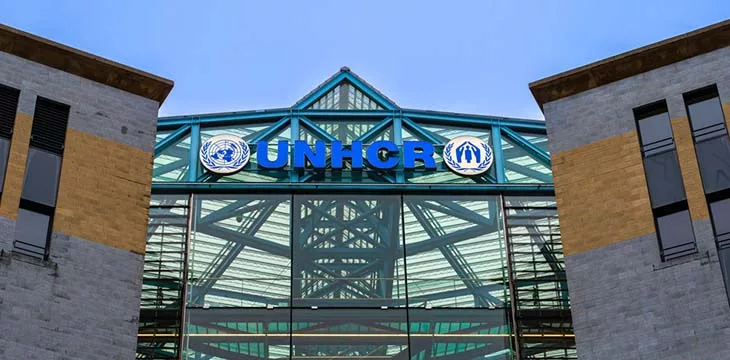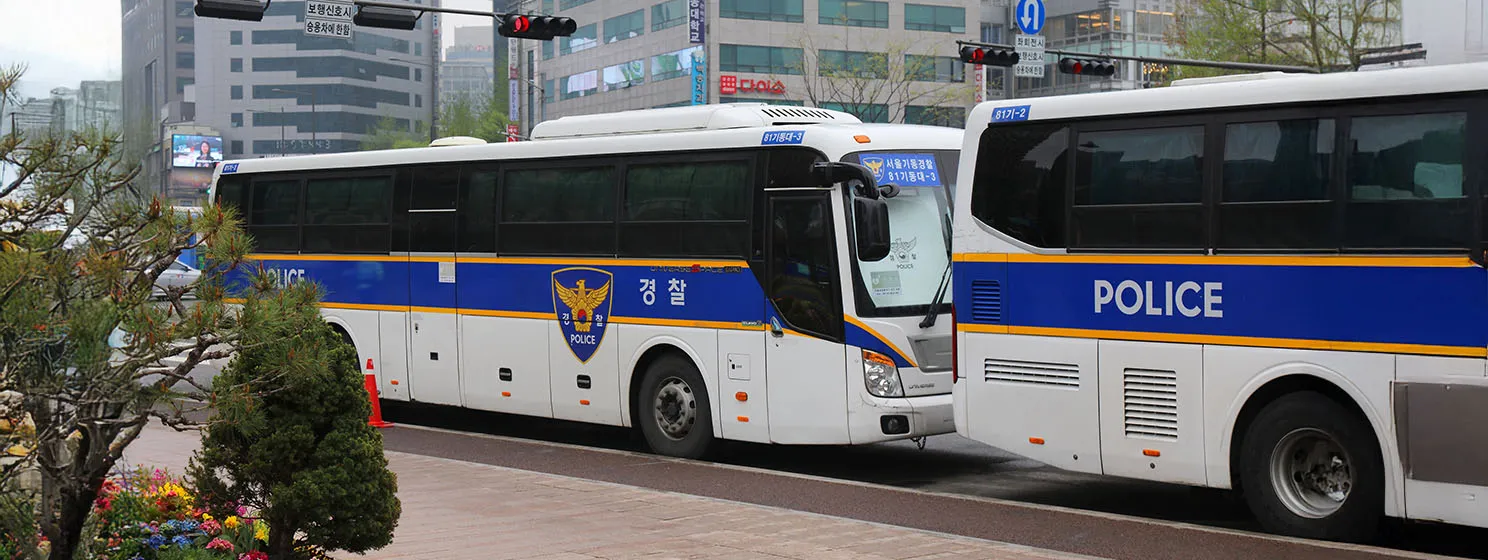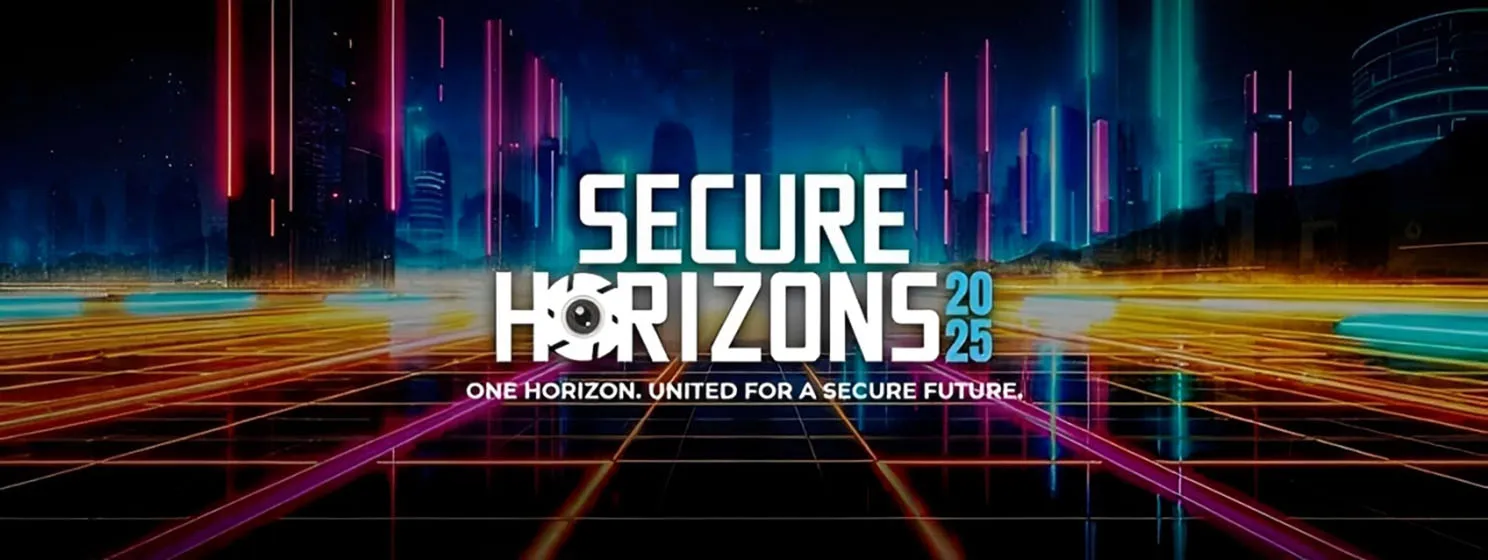|
Getting your Trinity Audio player ready...
|
The United Nations High Commissioner for Refugees (UNHCR) is exploring blockchain technology to improve aid delivery to individuals fleeing war-torn regions.
At a panel discussion hosted by Decentral House in Switzerland, UNHCR Division of Financial and Administrative Management Treasurer Carmen Hett disclosed that the humanitarian agency is throwing its weight behind developing a blockchain-based digital ID system.
The roundtable had several global agencies in attendance, including the International Telecommunication Union (ITU) and the World Trade Organization (WTO), with panel members sharing ideas for integrating blockchain into their existing processes for efficiency and transparency.
The digital ID system project was proposed as a solution to safeguard the identity of displaced individuals while delivering financial aid to their digital wallets “within literally minutes” and “at zero cost.”
A closer look at the UNHCR’s plan reveals a reliance on USDC stablecoins, which Hett says are widely accepted by several merchants and can be easily exchanged for fiat. With over 114 million displaced persons globally, Hett remarks that incorporating blockchain to deliver aid will allow the UN agency to achieve its primary objectives.
Leaning on blockchain offers several perks for displaced persons, including giving them direct control over the funds in their digital wallet while improving their digital literacy. With a record of transactions recorded on-chain, the UNHCR can ensure the transparency of its operations, preventing fraud along the way.
The UN refugee agency has already tested its blockchain solution in war-torn Ukraine, winning the “Best Impact Project Award” at the 2023 Paris Blockchain Week.
“The tech sector has a crucial role to play in helping humanitarian agencies innovate to deliver better aid to those people forced to flee,” said UNHCR Deputy High Commissioner. “It is crucial to invest further to expand digital literacy and connectivity among displaced populations and to adapt solutions to the needs of the most vulnerable and the context in which they will be implemented.”
UN agencies leaning on blockchain
Several UN agencies are turning to blockchain to improve their processes, citing the speed and cost-effectiveness as primary reasons for the pivot. In 2023, the World Food Programme (WFP) rolled out an initiative involving blockchain to deliver humanitarian aid while protecting recipients’ identities, while over 22,000 United Nations Development Programme (UNDP) staff are set to receive Web3 training in real-world asset tokenization, decentralized finance, and digital identities.
The United Nations Internet Governance Forum (IGF) also explores using decentralized autonomous organizations (DAOs) to introduce new governance structures for public sector organizations.
Building applications
While several governments and global entities have showcased blockchain’s capabilities in recent years, with tech industry experts clamoring for the network’s increased adoption after seeing its great potential, some remain on edge about the technology.
It is also worth noting that there are numerous blockchains in the market, and selecting the right ledger to build on can be tricky, considering that some institutions are still educating themselves on the technology and its use cases.
A public blockchain, like the BSV blockchain, is a suitable network that the UNHCR can use to help materialize its initiative. Apart from its unbounded scalability, the UNHCR can leverage the BSV blockchain’s decentralized system to promote transparency in fund dissemination, and it wouldn’t cost much to fund the system’s operation, unlike a private blockchain.
Public blockchains are also ideal for regions with a high unbanked population, giving individuals a chance to participate in the global financial ecosystem by providing them with a secure and verifiable identity on chain.
Watch: Transforming the world with Blockchain Smart Technologies

 09-04-2025
09-04-2025 





